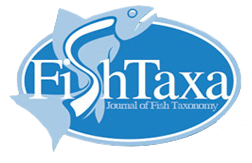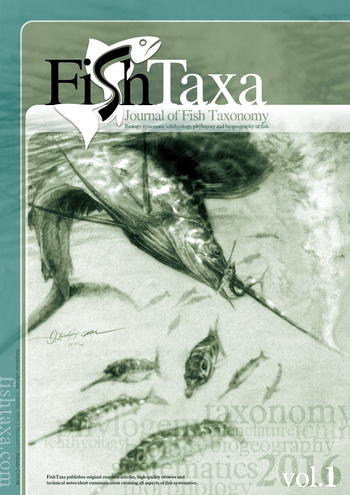Impact of Urbanization on Fish Biodiversity: Taxonomic Changes in Altered Environments
Sharmin Islam, Minbang Irené Department of Animal Biology and Conservation, University of Buea Cameroon
Abstract
Global urbanization significantly impacts the environment, especially aquatic habitats, and their resident fish populations. This paper explores the complex interrelationship between urban growth and changes in fish biodiversity due to altered settings. Urbanization has a variety of effects on fish biodiversity. First, fish populations are hampered by migration restrictions and restricted access to vital spawning and feeding grounds due to habitat loss and fragmentation brought on by converting natural landscapes into urban environments. Second, urban areas are renowned for bringing pollutants into waterways, endangering water quality and harming fish health. Thirdly, changes in hydrology may result in habitat degradation and reduce the availability of fish-friendly habitats. The spread of invasive species in urban areas is a fourth effect that alters the makeup of fish communities by upsetting the balance of native ecosystems. Furthermore, hotter conditions in cities may favor fish species that can withstand the heat, changing species distribution. Urban expansion frequently results in the physical modification of aquatic ecosystems, such as the construction of dams and culverts, which obstruct fish movement and change their regular life cycles. A complete conservation strategy must include habitat restoration, pollution control, ethical urban planning, invasive species management, sustainable fishing methods, public awareness campaigns, ongoing research, and monitoring. This study emphasizes the importance of understanding the complex interactions between urbanization and aquatic ecosystems and how essential it is to advance sustainable urban development strategies that give equal weight to meeting human needs and environmental protection.

